In Their Memory
A Story Unfolding Across Timelines
Current Time.
Israel Memorial Day, Yom HaZikaron, for the war martyrs and victims of terrorism, is an emotional day dedicated to mourning. For 24 hours, the country stops all activity to unite with the memory of those who are no longer with us. From the late afternoon hours, business activity closes, and the streets wear gloomy sensations. Radio songs prepare the public for the beginning of formal ceremonies that start with a Memorial Day siren in which we salute and stand still for a minute in memory of the heroes we have lost.
During this day, we grieve. Jews, Christians, Muslims, Druze, and other minority groups who are part of Israel's tapestry unite to mourn. We have a second Memorial Day siren for 2 minutes in the morning and formal ceremonies in cemeteries. TV outlets and radio stations change their broadcast schedule and devote it to the life stories of those who left this world too early. Families and friends preserve the memory of the fallen by sharing mutual memories and dreams that will never come true and trying to explain the enormous void that opened in the heart after the loss.
Those who never lost their loved ones in a war or a terror attack cannot understand the pain of the soul and the body. It’s like losing an organ within you that changes your life forever. While physically, the body functions as it used to, emotionally, it stopped and will never be the same again. It's a disability that you don't see on an X-ray or an MRI machine; you just feel it, and it's present all the time. The pain hurts more when parents see the friends of their children living life and cannot stop wondering what it could have been for their child.
What would graduation from university look like, who would they choose to marry, what would pregnancy feel like, or what would having children and building a family be like? The ‘what if’ perpetuates the loss, and sometimes it is impossible to put these thoughts aside and keep living.
Children who only know their fathers through stories since they never met them. Families that fell apart and friends who failed to return to life after the hell of the battlefield. The wounds of loss are never fully healed, and everyone does their best to continue living with them.
Living in the US in recent years has made me experience the US Memorial Day in a completely different way from the Israeli one. I wondered how a sad day had become a shopping weekend granting a day off from work.
After reading about it, I learned that Memorial Day was established after the Civil War. It was originally a solemn day for remembering fallen soldiers, also known as Decoration Day. By the 1880s, a more celebratory tone emerged alongside the somber remembrance, reflecting on the sacrifices made for the nation. When Memorial Day became a federal holiday, guaranteed time off, it created a long weekend for spending and travel, which retailers capitalized on.
The shift to the last Monday of May in 1971 solidified the three-day weekend aspect, further amplifying the commercial side. This led to the beginning of converting the sad day to the memory of the fallen to a commercialized day for shopping. This shift has made the American public, who don't know in person someone who died in a war or terror attack, numb and distanced them from preserving the memory of those who died defending this country. As a result, many students in US universities in 2024 don't even know how many American soldiers and civilians have been killed by terrorist organization attacks over the past century.
Watching recent student protests in US universities burning the United States flags and waving the Hezbollah flags alongside other terror organizations' flags that murdered and slaughtered not only American soldiers but also American citizens breaks my heart. It emphasizes the fact that these students are not knowledgeable about American history, and they do not respect the soldiers who died so they could be free, live convenient lives, and feel safe in this country.
These protesters dishonor the memory of the American soldiers who died in their military service and glorify the ones who murdered them.
Universities that allow terrorist organizations' flags to be flown on their campuses are not demonstrating freedom of speech but rather educating how to promote collective contempt for American soldiers and civilians who died by terrorist organizations. Any unfortunate circumstances due to historical events that can be easily resolved in the 21st century through dialogue or with the assistance of a psychologist will never justify any terrorist attack or the initiation of war.
On April 18, 1983, 63 were murdered and 120 injured by a Hezbollah suicide bombing in the United States embassy in Beirut, Lebanon. Most of the victims were CIA staff members and US soldiers.
On September 20, 1984, Hezbollah carried out a suicide car bombing targeting the U.S. embassy in Beirut. In this attack, 23 people were murdered, among them high-ranked officers in the US Army and US Navy.
On October 23, 1983, Hezbollah carried out one of the ruthless terror attacks, in which two suicide truck bombs exploded in buildings in Beirut where American and French soldiers were housed, slaughtering 307 people. Among the victims were 241 U.S. soldiers and 58 French military personnel, leaving more than 150 wounded.
Those are just a glimpse of what the US Army had to deal with. While the young generation in the US represses American history, the country's veterans allow the memory of the martyrs of the US military to be forgotten.
As an immigrant to the United States, I value the long journey it took the pioneers who risked their European lives of comfort to build this country. The early settlers fought wars and lost soldiers, friends, and family members in creating an independent country where religion was separated from governance. The American public abolished slavery, granted women equal rights, fought discrimination, and granted the LGBTQ+ community rights no other country has given them. Only here could people be free, and now, this freedom is in danger. In this war, to preserve freedom, conventional weapons are not used, and you won’t see soldiers on shopping mall battlefields. This war is to preserve American culture, history, and society as it developed from the Declaration of Independence until the 20th century.
Military service in the US Army is voluntary and, therefore, depends on the level of commitment and patriotism of the citizens to the country. This commitment stems from knowing the history of the United States of America. Patriotism originated from stories of the US martyr soldiers with whom the American public is familiar. On the Israeli Memorial Day, the country's veterans remind the public that in their deaths, the Israeli soldiers commanded us life. They commanded us to live with Western values that support freedom, love, and tolerance for all people in society. Perhaps Americans should adopt this ritual to make sure that future generations will never forget the memory of the dead. The United States' strengths and resilience depend on the preservation of the collective memory. When the public does not know the details of its history, it’s easy to manipulate and brainwash the people. When the silent majority diverts their look to the other way to avoid conflict, this is the tipping point where empires fall.
Unlock my potential to write the next great chapter in the most extraordinary story ever told. Your support on Substack or Patreon would make a big difference in taking this journey to the next level.
Follow me on My Journey to Infinity to find out. It will be more beautiful than you could ever imagine.
Liat



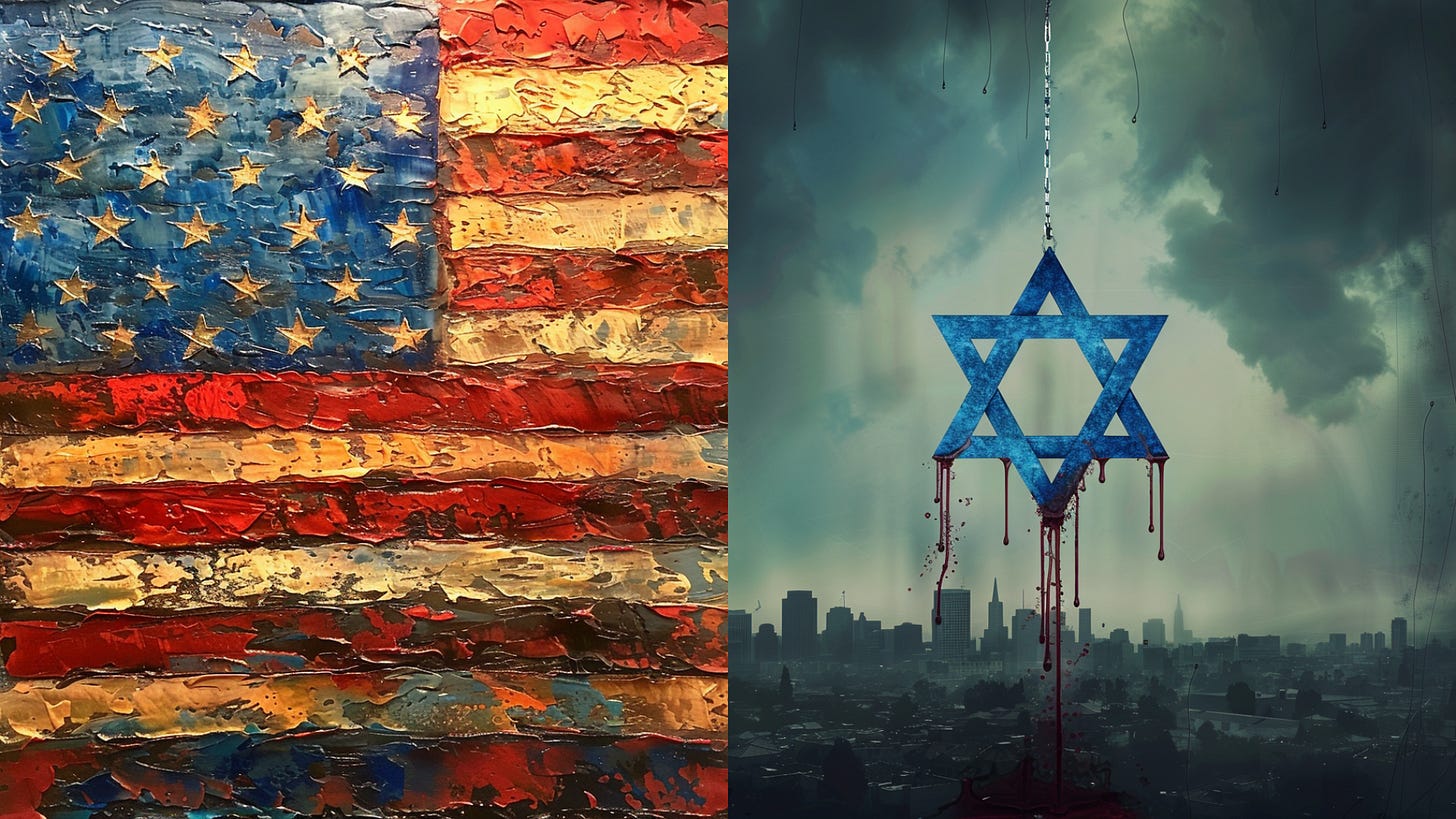
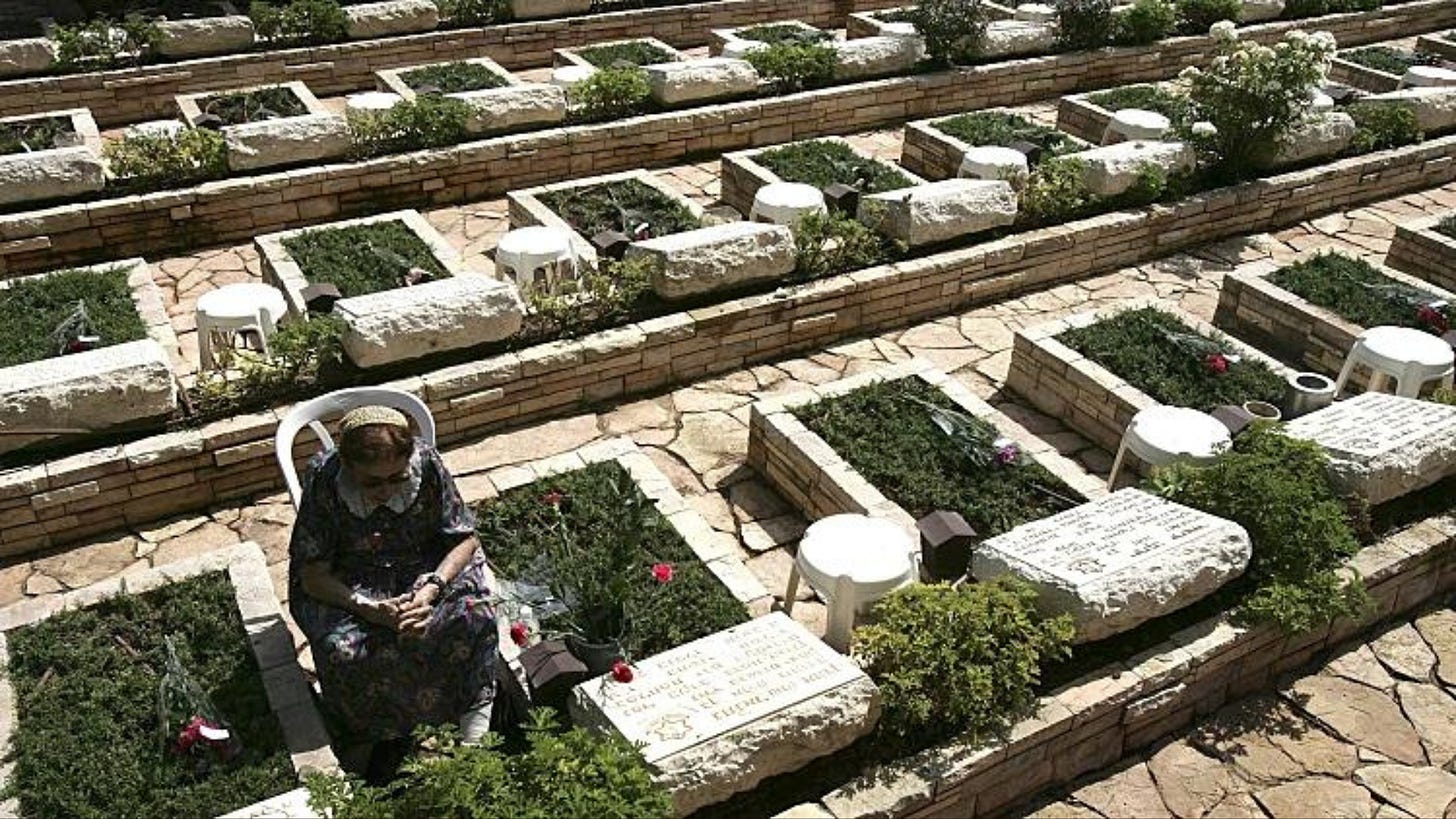
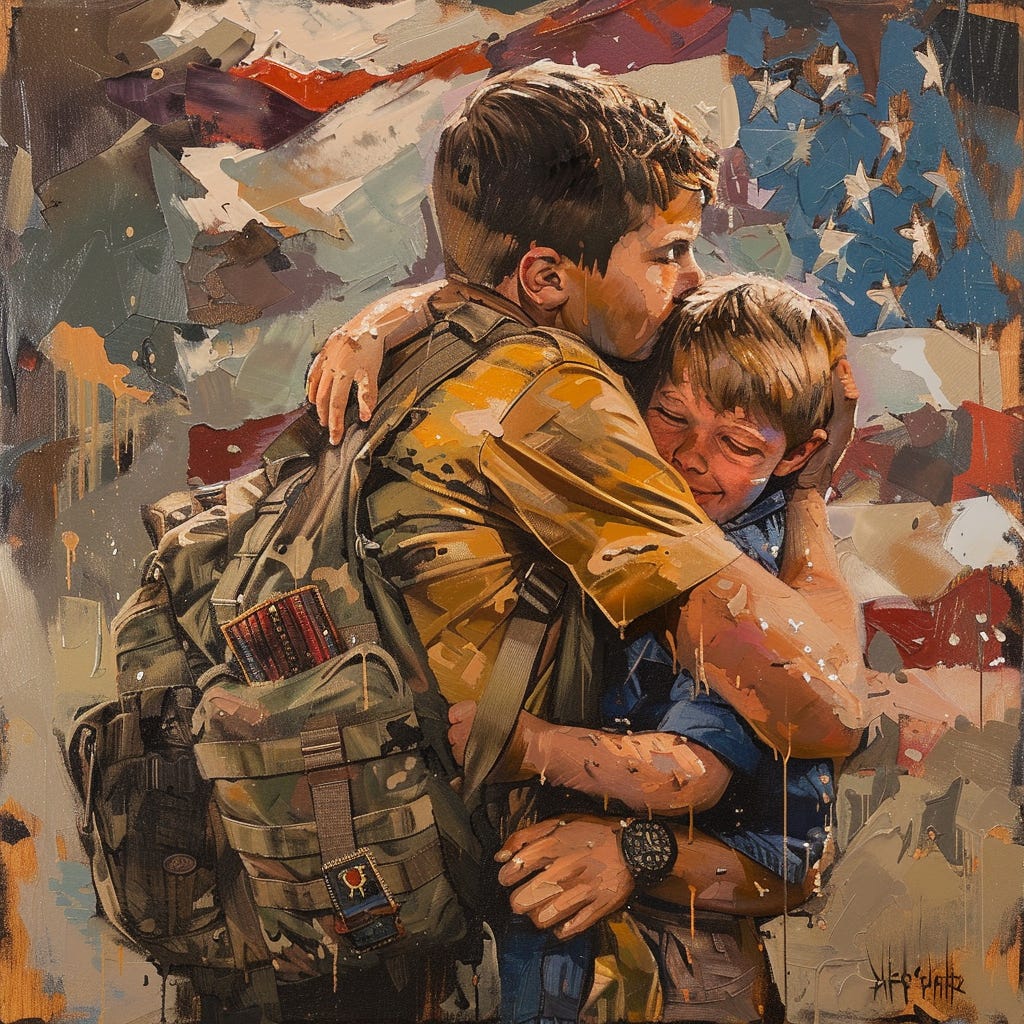
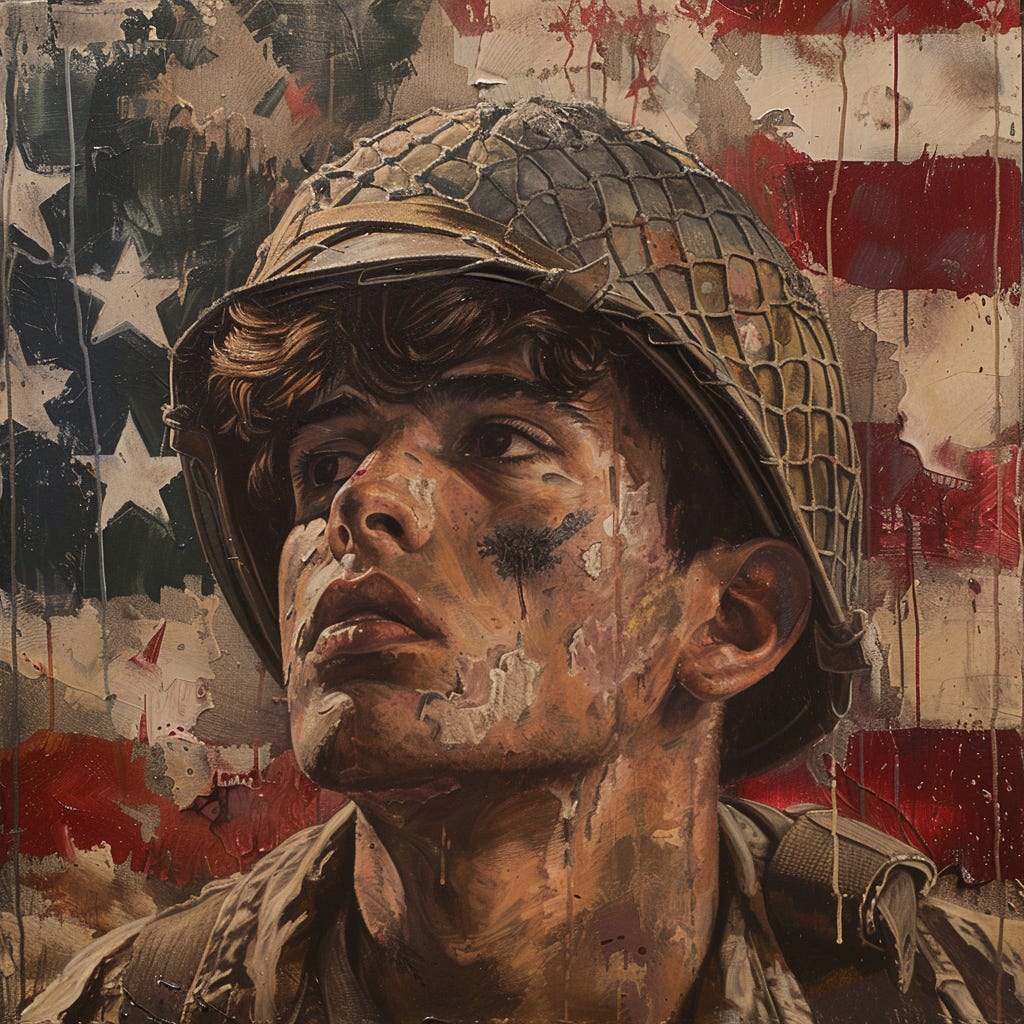
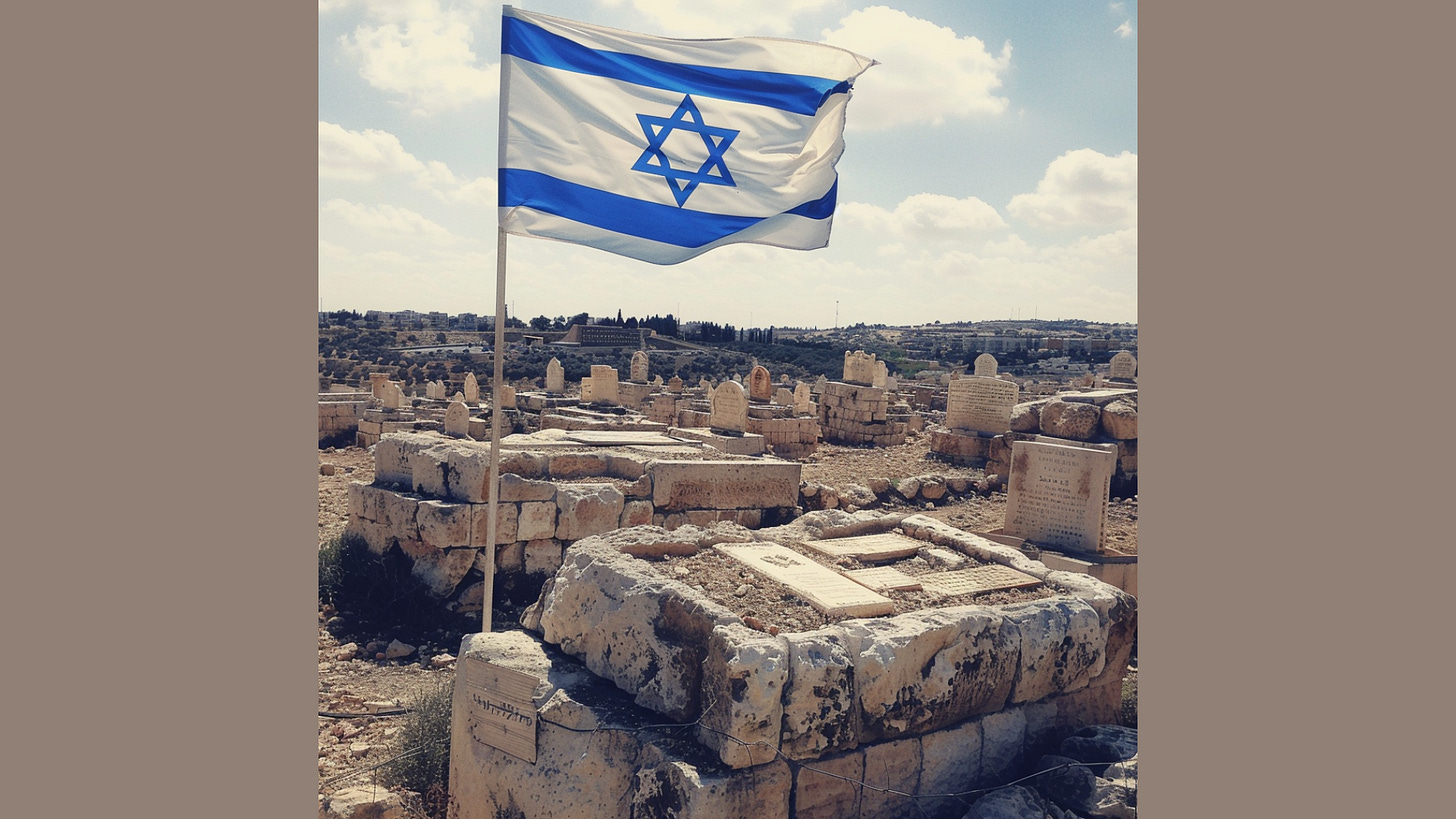
thank you for a splendid lesson. I was completely unaware of the 2 Memorial Days. In the UK we have Poppy Day on the 11th November, when we remember those who died so that we may have the freedom that we enjoy.